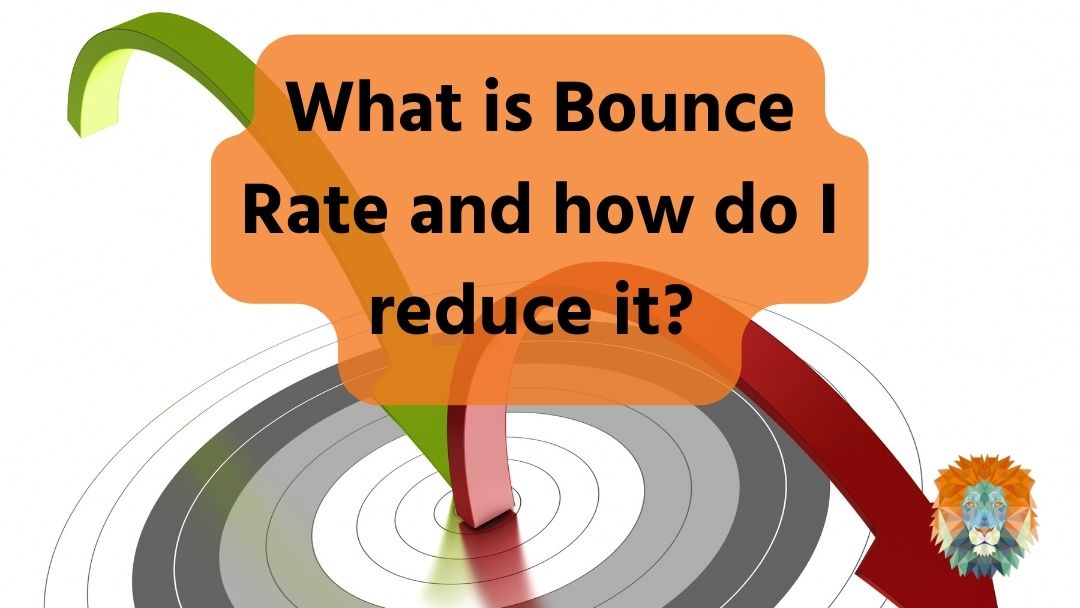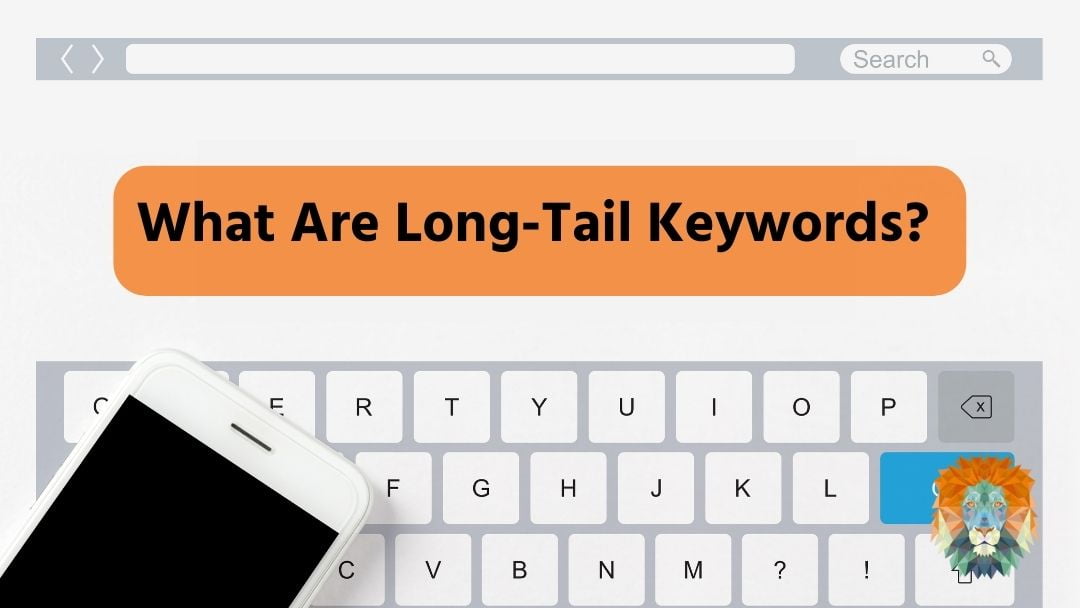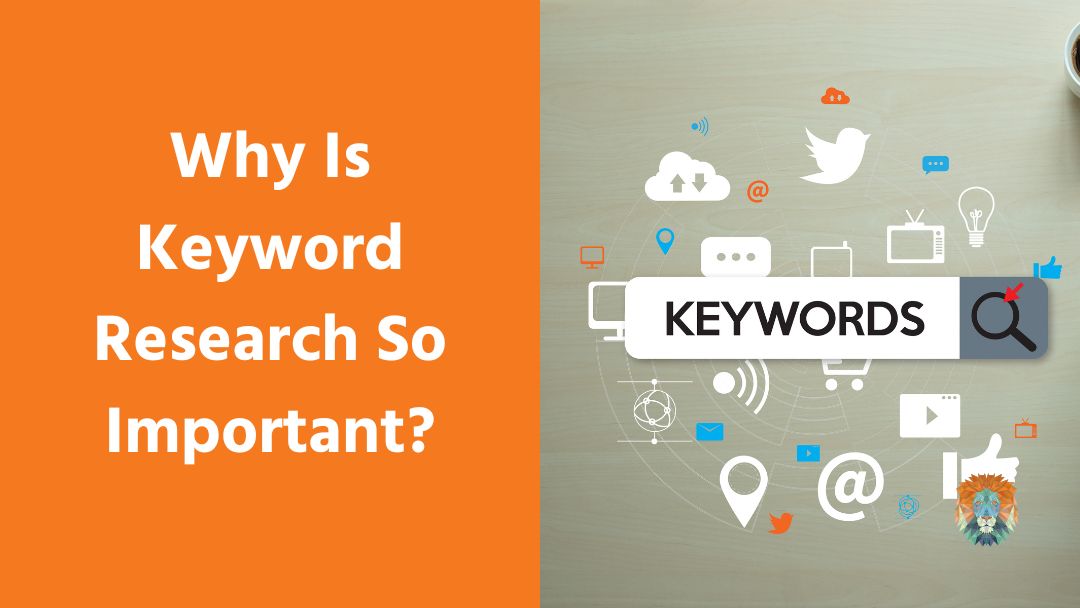Have you ever clicked on a website but quickly realised it isn’t the right thing and clicked off it again?
Congratulations! You ‘bounced’.
Yes, we know that sounds strange, but we’re talking all about bounce rate today, which is exactly that. It’s the measure of how long people take to leave your website once they’ve landed on it, and it’s one of the most important things you need to understand about your website to be successful.
What Is ‘Bounce Rate’?
A ‘bounce’ is what the internet savvy call it when a user clicks onto your site, but then clicks off again without doing anything. This usually happens pretty quickly after they arrive on your site, and the higher your bounce rate, the more people are doing it. Google themselves define bounce rate as:
“A bounce is a single-page session on your site. In Analytics, a bounce is calculated specifically as a session that triggers only a single request to the Analytics server, such as when a user opens a single page on your site and then exits without triggering any other requests to the Analytics server during that session.”
The important thing to note here is that a bounce is different to an exit. If someone comes to your website, reads a few pages but leaves without contacting you, that’s an exit. They have spent time on your site and read through your information. A bounce is someone who has landed on a page and then left the site without interacting with anything or going to any other pages.
According to experts, the average bounce rate for a website range between 41% – 51%, with small variations for industry and where your traffic is coming from. Generally, you want to reduce that bounce rate as much as possible since a lower bounce rate means people are staying on your site a lot longer.
Knowing your website bounce rate is important because it tells you how long people are spending on your site, which pages they spend the most time on, and what content they are engaging with the most. Out of all the website metrics, you can gather, this is one of the most useful.
Why Do People Bounce?
Sadly, it’s impossible to get into someone’s head and find out why they bounced off your site. But after years of monitoring and research website experts have been able to narrow it down a little bit. There are generally 5 reasons people will bounce off your website:
Site is too slow
The internet is able to deliver information to people at a fraction of a second, and our attention spans have adapted. If your pages are slow to load, you’re likely to see a high bounce rate as people run out of patience and click off.
Page didn’t meet expectations:
If a user clicks on a link expecting one thing, then lands on another, they’re likely to click off the site right away. This is sometimes known as ‘clickbait’, and is incredibly harmful to your brand, your SEO and your bounce rate. It’s very common when you run ads online. Ads for a specific product that lead to that product page do well, while ads that talk about the specific product but lead to the home page don’t.
Ugly design
We’ve all done this, right? Clicked on a site, realised it looks like it was built 30 years ago, and then clicked off. It sounds shallow, but users really do judge your site based on a design first and content second. So if your site is ugly, your bounce rate is going to be fairly high.
Bad UX
UX stands for User Experience, and it can have a huge impact on the success of your website. If your site is difficult to use, hard for people to read, or you’ve buried information where it’s impossible to find, your bounce rate is going to be higher.
Page delivered exactly what they needed
Yep! Turns out one of the reasons users can bounce off your site without interacting with another page is because that one page gave them exactly what they were looking for – so they didn’t need to go anywhere else! For example, say you were looking for a cheesecake recipe online. You click on a link that takes you to a recipe page, which has everything you need to make the recipe. Ingredients, detailed instructions and pictures all in one place. Once you’ve followed the recipe and made the cheesecake, what do you do? You close the page. Technically, this is classified as a ‘bounce’, but it’s for a good reason!
5 Tips To Improve Your Bounce Rate
Use Videos
Human beings are drawn to video, so embedding it on your website means your users will stay on your page for longer and engage with the content. Video hosting platform Wistia found that time spent on their pages more than doubled when they put videos on them, thus reducing their bounce rate.
Improve page speed
This is an easy one, and will do wonders for your general SEO as well. The biggest culprits for slow pages are images and videos that haven’t been optimised properly for your website, followed by slow hosting platforms. Spend a bit of time speeding up your site, and your bounce rates should go down.
Make your site mobile-friendly
A huge chunk of today’s internet browsing is done on mobile devices, so your site needs to be mobile-friendly. If it’s not, then that could be a big reason for a high bounce rate. Make sure your website can be viewed and function properly on mobile, and is mobile adaptive.
Avoid user interruptions
Things like full-screen pop-ups might seem like a good idea in theory, but they can be irritating for your users and cause them to click away (especially if the exit button is hard to see). Review your site for disruptions that might hurt the user experience.
Make your pages easy to read
Any and all content on your web pages should be formatted properly and easy to read. That means no big chunks of text, images all over the place or cut-off headings. When users see things like this, they tend to skip over crucial content or just leave altogether – which is what we’re trying to avoid!At Lion Spirit Media we spend a lot of time crafting strategies that will get Google to notice you, and send you soaring up the search engine rankings. As part of our analysis of your website, we will look at your bounce rate and give suggestions on how to reduce it – and even do them for you! Our experts are very data-driven, so we can ensure you’re using your budget effectively and getting the best performance out of your website. For more information, just get in touch with the team today.





0 Comments